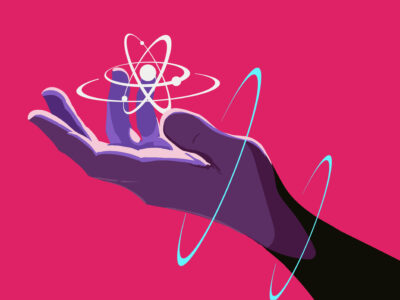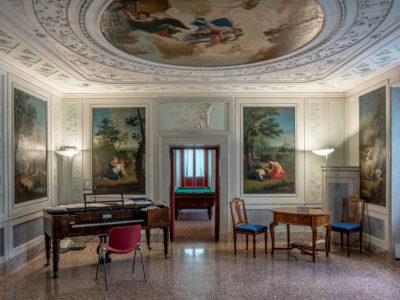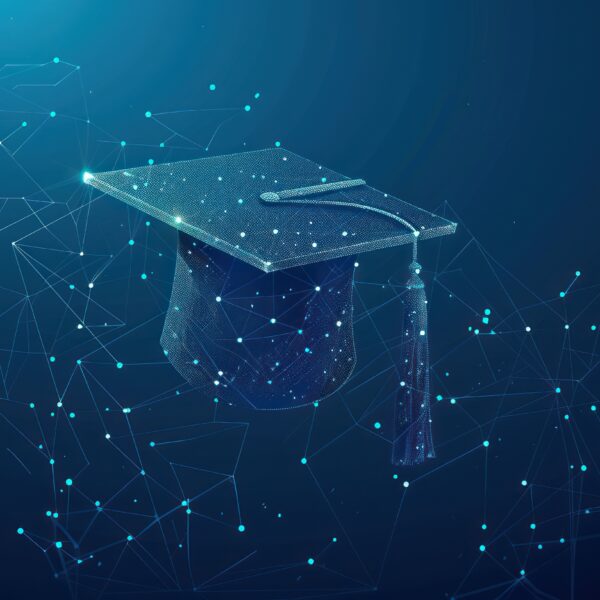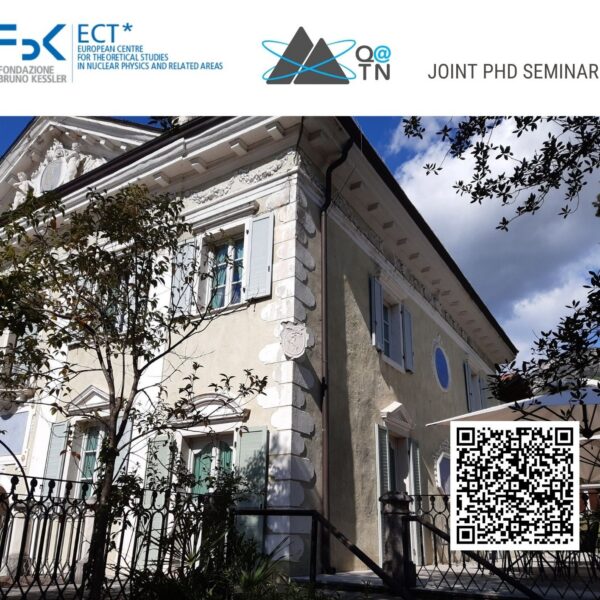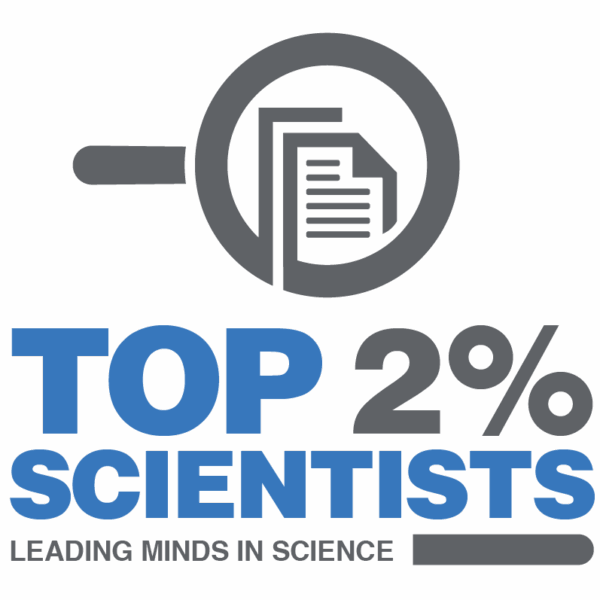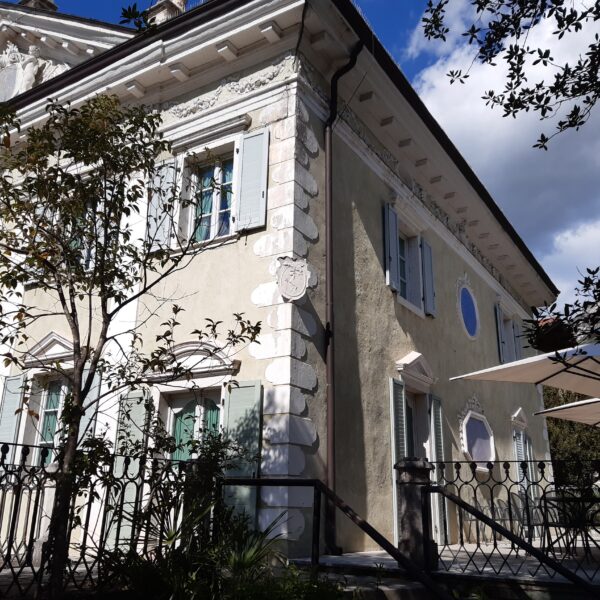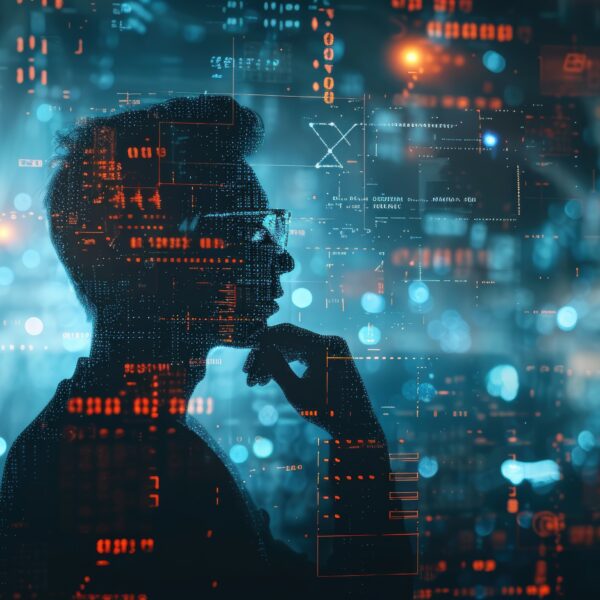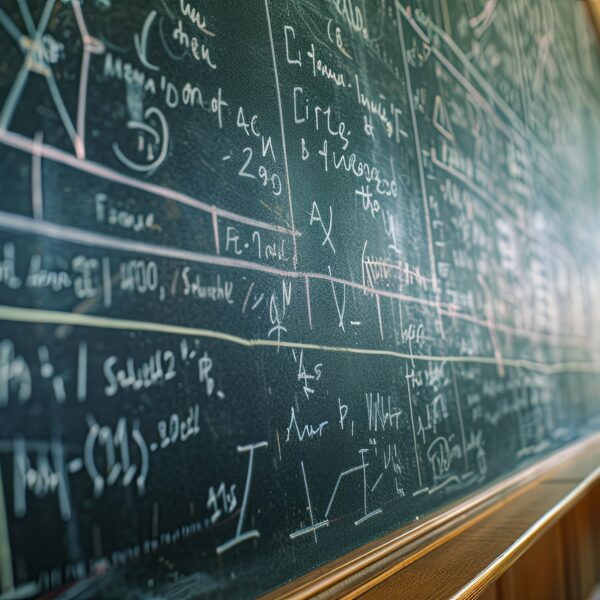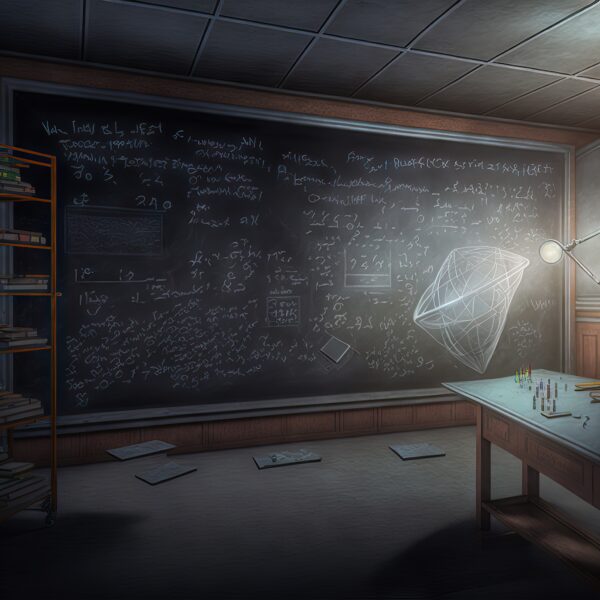Highlights
-
LaVA project: Lattice Virtual Academy for advanced e-learning. LaVA provides open-access, inclusive training to beginner and advanced students.
Read more
Latest news
-
05 February 2026The first in a series of joint PhD seminars will take place on 13 February 2026More info
-
14 January 2026On February 4 and 5, 2026, the workshop “Esperimenti mentali tra fisica e filosofia” organized by Maurizio Dapor (ECT*/FBK) and Manuela Valle (University of Trento) will have the participation of ECT* researchers Giovanni Garberoglio and Simone TaioliMore info
-
08 January 2026Significant ECT* presence in "last year's impact" and "career-long impact" sectionsMore info
Upcoming events
-
The study of charmonium, a system containing a charm quark-anti-quark pair underwent a revolution after a number of entirely unexpected narrow resonances called the Xs, Ys and Zs were discovered by experiments at the start of the new millennium. The nature of these resonances is still unclear. Similarly, interest in glueballs, hadrons made predominantly of confined gluons, has recently been rekindled.More info
-
The Electron-Ion Collider (EIC) will open a new frontier in exploring the internal dynamics of hadrons and nuclei, offering precision access to the three-dimensional structure of matter. Transverse Momentum Dependent (TMD) distributions are essential tools for interpreting EIC observables, but the theoretical landscape behind them remains fragmented.More info
-
The topic of this workshop is the “X17” particle, whose existence has been claimed in a series of recent experiments. In the workshop, the current status of the new experimental research and the new advances of the theoretical studies about this hypothetical particle will be presented and discussed.More info
-
The renormalization group plays a fundamental role in many areas of physics. Various aspects of perturbative and non-perturbative renormalization have been extensively investigated for decades in different physics contexts. Yet, knowledge gained in one area is often not completely appreciated by experts working on other topics.More info
